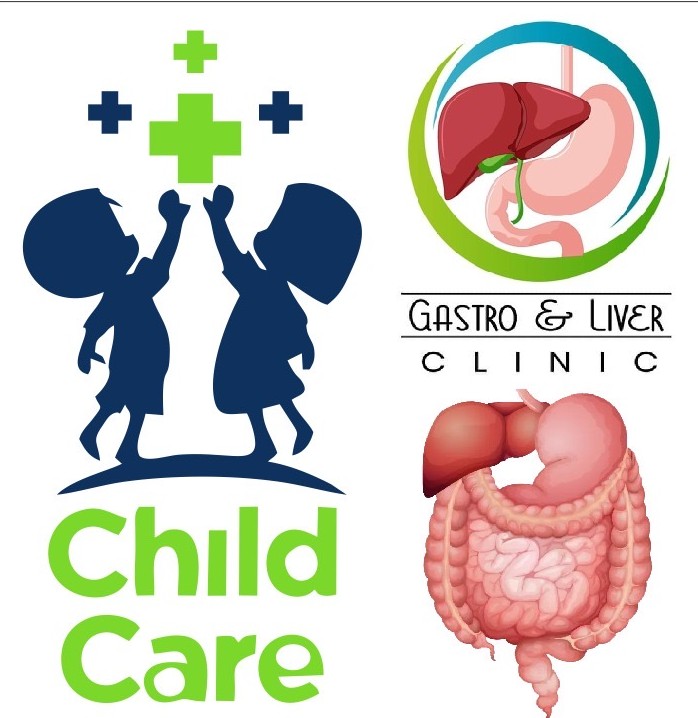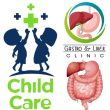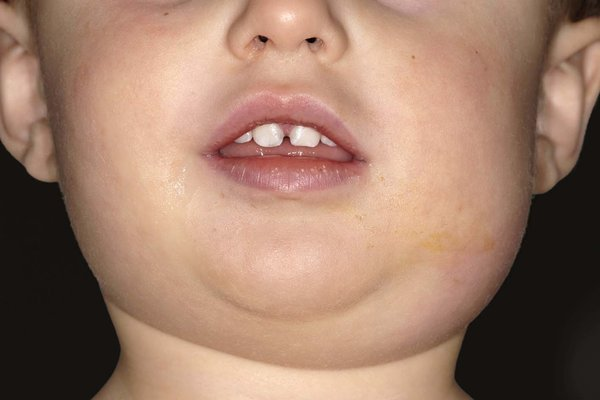What is Mumps Disease?
Mumps is a contagious disease caused by a virus. It usually affects children but can happen at any age. The virus causes swelling in the parotid glands, which are the salivary glands located near the jaw. This swelling is the reason for the puffy cheeks often seen in patients. Watching for this symptom is key because swollen cheeks are a classic sign.
Although mumps affects people of all ages, children are the primary target. Parents should be alert and seek appropriate care if they suspect their child might have mumps disease. This understanding helps control and prevent the spread of the illness.
Transmission of Mumps Disease in Children
The mumps virus spreads mainly through tiny droplets in the air. If a sick person coughs or sneezes, these droplets can make others sick. Living in close quarters increases this risk, as do unhygienic habits like not washing hands.
The more you know about how mumps disease spreads, the better you can protect your family from it. Teaching children about good hygiene habits, such as covering their mouths when they cough and frequent handwashing, helps stop the spread of this illness.
Recognizing Symptoms of Mumps in Children
Watch for these typical symptoms:
- Swelling of the parotid glands.
- Fever.
- Headache.
- Earache.
- Fatigue.
While some kids might not show symptoms, they can still suffer serious complications. It’s vital to monitor them closely. Mumps symptoms usually appear 2-3 weeks after exposure, so staying vigilant during this time is key.
Causes and Risk Factors of Mumps Disease
The cause of mumps disease is the paramyxovirus. Kids who haven’t had the vaccine or those in close contact with someone infected are most at risk.
Diagnosis and When to Seek Medical Advice
It’s important to get professional medical advice if you notice symptoms of mumps in children. Sometimes symptoms can overlap with other illnesses, so accurate diagnosis is necessary.
Seek urgent medical help if symptoms are severe and persist, as timely intervention can prevent worse health issues.
Preventive Measures and Vaccination Significance
The MMR (measles, mumps, rubella) vaccine is the best defense against mumps. It’s crucial to follow the recommended vaccination schedule for children. Vaccination reduces the risk of getting the disease and helps prevent community outbreaks.
Besides vaccination, good hygiene is crucial. Teach kids to wash their hands regularly and stay away from others if they’re sick. Isolation of infected individuals is essential to avoid spreading mumps.
Mumps Treatment and Home Care for Children
Mumps treatment focuses on relieving symptoms. Keep your child comfortable with these steps:
- Provide pain relief with medications if needed.
- Ensure they stay hydrated.
- Allow them plenty of rest.
- Use cold compresses to help reduce swelling and ease discomfort.
Potential Complications and Public Health Implications
While complications from mumps disease are rare, they can be serious. These include encephalitis and orchitis, more common in adults than kids but worth noting.
Vaccinations play a crucial role in minimizing these risks. In areas with low vaccination rates, the likelihood of an outbreak increases. Thus, vaccinations are key not just for the individual but for public health as a whole.
Living With and Recovering from Mumps: Lessons for Parents
Recovery time varies, but most children get better without serious issues. Parents should monitor their child’s wellbeing and ensure they adhere to treatment plans.
Encourage your child to rest until fully recovered. Gradual return to routine activities is advised once they are symptom-free to avoid spreading the virus.
Conclusion: Advocating for Mumps Awareness and Prevention
Vaccination is vital to protecting against mumps disease. By recognizing early symptoms and responding appropriately, parents can make informed decisions for their child’s health. Always consult healthcare professionals if you suspect mumps in children for the most effective care plan.


